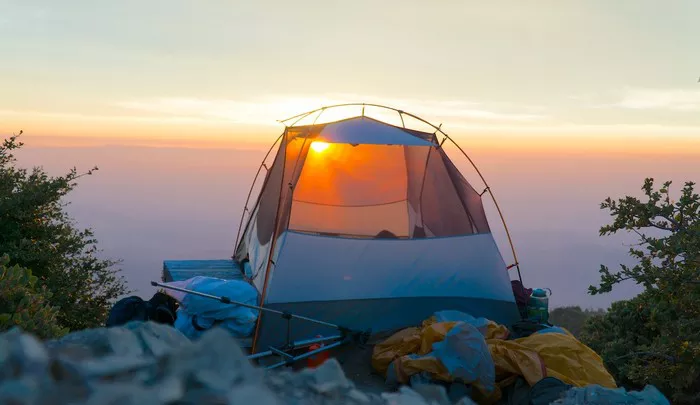Camping, a timeless outdoor activity enjoyed by individuals and families alike, offers a myriad of benefits that extend beyond the thrill of adventure. From connecting with nature to improving mental well-being, the advantages of camping are both profound and diverse. In this article, we delve into the many ways that camping enriches our lives and why it remains a popular recreational pursuit worldwide.
1. Connecting with Nature
One of the foremost benefits of camping is the opportunity to connect with the natural world in a meaningful way. In our increasingly urbanized and technology-driven lives, spending time outdoors surrounded by trees, rivers, and wildlife can be incredibly rejuvenating. The sights, sounds, and scents of nature can evoke a sense of wonder and calmness that is difficult to replicate in any other setting.
Research has shown that exposure to natural environments can reduce stress levels and promote relaxation. The concept of “forest bathing,” derived from Japanese culture (known as shinrin-yoku), emphasizes the therapeutic effects of simply being in a forested area. Camping provides an ideal opportunity to immerse oneself in such environments, thereby reaping the mental and emotional benefits of nature.
2. Physical Health and Fitness
Camping often involves physical activities such as hiking, swimming, or even setting up camp. These activities offer a chance to engage in exercise without the constraints of a gym or structured routine. Hiking, for instance, not only improves cardiovascular health but also strengthens muscles and enhances flexibility.
Additionally, camping encourages people to disconnect from sedentary habits like sitting in front of screens. Whether it’s gathering firewood, exploring trails, or engaging in outdoor games, the physical demands of camping contribute to a more active lifestyle.
3. Stress Reduction and Mental Well-being
The tranquil setting of a campsite can have a profound impact on mental well-being. Away from the noise and fast pace of city life, campers often experience reduced levels of stress and anxiety. The combination of fresh air, natural surroundings, and physical activity can lead to improved mood and mental clarity.
Moreover, camping provides a break from the constant stimulation of digital devices. Unplugging from technology allows individuals to be more present and mindful, fostering a deeper connection with their surroundings and companions.
4. Enhanced Social Connections
Camping is a social activity that encourages bonding and camaraderie among participants. Whether camping with family members, friends, or joining organized group trips, the experience fosters shared memories and strengthens relationships.
Sharing tasks like setting up tents, cooking meals, or simply sitting around a campfire encourages teamwork and cooperation. This shared experience often leads to meaningful conversations and a deeper appreciation for each other’s company.
5. Skill Development and Self-Reliance
Camping requires basic survival skills and resourcefulness. From building a fire to cooking over an open flame, campers often learn valuable outdoor skills that can be applied in various situations. Learning to adapt to nature’s elements and solve problems in a wilderness setting fosters a sense of self-reliance and independence.
For children, camping can be especially formative, teaching them valuable life skills and instilling a love for the outdoors from an early age. These experiences contribute to personal growth and confidence.
6. Environmental Awareness
Experiencing the natural world firsthand often leads to a greater appreciation and understanding of environmental conservation. Campers become more aware of the impact humans have on ecosystems and wildlife. This awareness can inspire individuals to adopt more sustainable practices and advocate for the protection of natural spaces.
7. Affordable and Accessible Recreation
Compared to many other forms of travel and recreation, camping is often more affordable and accessible. With a wide range of camping options available—from backcountry sites to established campgrounds—there are opportunities to suit various preferences and comfort levels. Camping can be an economical way to enjoy vacations or weekend getaways without extensive planning or expenses.
Conclusion
In conclusion, the benefits of camping extend far beyond the temporary escape from daily routines. By immersing ourselves in nature, engaging in physical activities, and connecting with others, camping offers a holistic approach to well-being. The mental, physical, and social rewards of camping underscore its enduring popularity and relevance in today’s world.
Whether you’re an avid outdoor enthusiast or considering your first camping experience, the benefits are clear: camping rejuvenates the body, mind, and spirit while fostering a deeper appreciation for the natural world. So, pack your gear, embrace the adventure, and discover the transformative power of camping firsthand.

